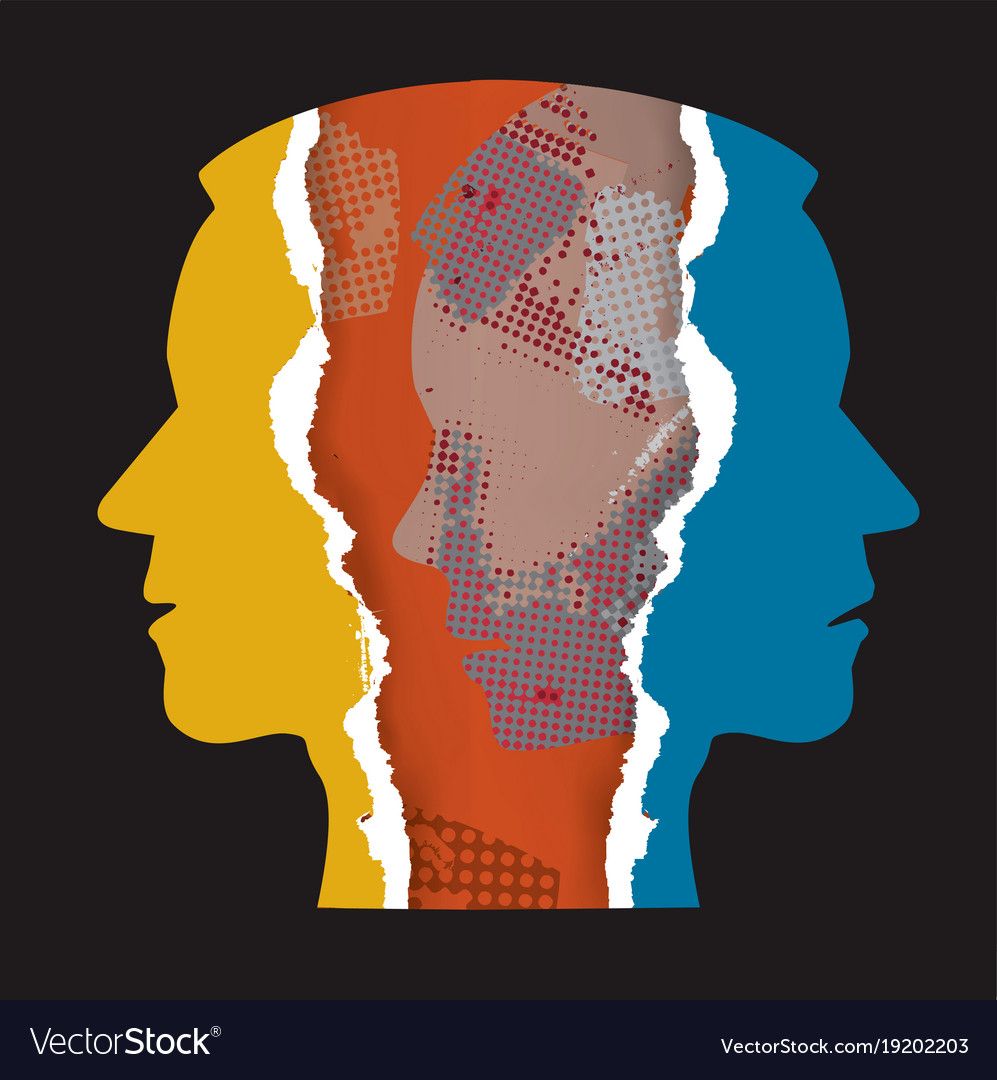
NEW YORK (Reuters Health) - Schizophrenics receiving early-stage treatment with additional support, medications and psychotherapy may improve better than those who receive regular, usually uncoordinated treatment that begins after the hallucinogenic control, the study showed.
The researchers tested data from 10 previous trials involving 2176 schizophrenic patients. All trials included random selection of patients for usual treatment, while others received early treatment with more comprehensive services.
Early intervention showed a better improvement in patients' psychotic symptoms than did usual treatment. The chances of not continuing treatment or entering a hospital for psychiatric care were lower in patients who received early intervention.
"Early intervention services go beyond the use of medication and are integrated with elements of the treatment plan, such as psychological education for patients and their families, individual psychotherapy, family therapy, professional and educational counseling, coping with the situation, crisis response and management," said Christoph Corell, a psychiatrist at Zucker Hillside Hospital in New York.
There is no specific training or experience on how to best deal with patients in early psychosis and there is no integrated group approach to coordinate care according to the needs of patients and their families, "Corell said by e-mail.
Schizophrenia is one of the most important causes of motor disability in the United States, and the results of treatment are often below the expected level, where patients usually play too early or do not receive enough help to recover from psychotic episodes.
Treatment in early intervention programs was more than twice the normal treatment during trials.
In all trials, about 21 percent of patients in early intervention programs stopped treatment as early as 31 percent among regular care patients. The cessation of treatment usually occurs when symptoms are not properly controlled.
It was also found that about 32 percent of early intervention patients stayed at the hospital for at least once for psychiatric treatment, compared with 42 percent who received regular treatment.
However, the trials were short for evaluating any long-term effects of early intervention programs in schizophrenic patients.
But Dr. Patrick McGowry of the Center for Mental Health for Youth at the University of Melbourne said the findings provide new evidence of the potential of early intervention programs to provide a more comprehensive and effective approach to care for schizophrenic patients.